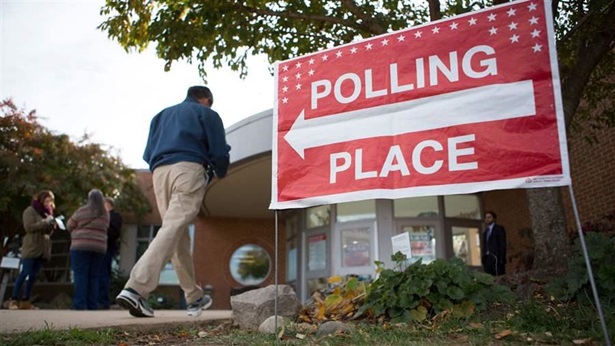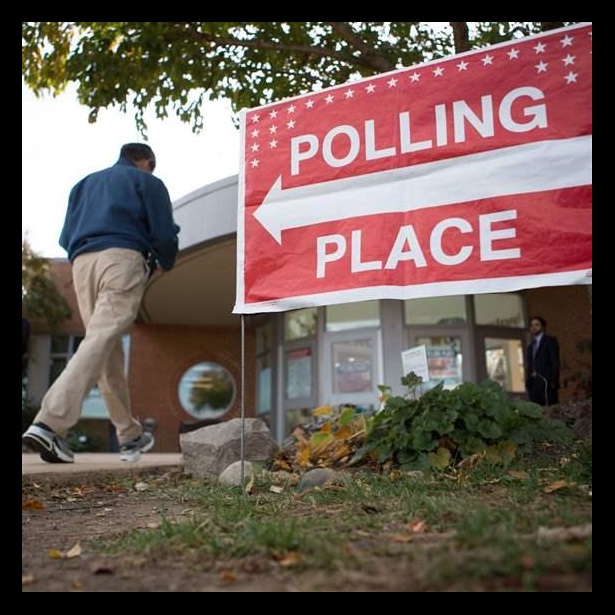Voting Information Now Available in More Languages
The Voting Information Project (VIP) has updated its digital tool to provide official voting information in 17 languages: For the 2016 presidential election, the mobile-optimized tool supports Amharic, Chinese, English, Hmong, Hindi, Japanese, Karen, Khmer, Korean, Laotian, Oromo, Russian, Somali, Spanish, Tagalog, Thai, and Vietnamese. The tool, which provides polling locations and ballot information based on users’ addresses, is free and can be embedded on websites and customized for any city, municipality, or state across a range of technology platforms.
VIP, a partnership between The Pew Charitable Trusts, Google, and state election officials, offers cutting-edge technical tools that give voters access to the customized information they need to cast a ballot on or before Election Day.
The new translation features were developed by two VIP partners, Los Angeles County and the state of Minnesota. In 2014, Los Angeles County customized the tool with 10 languages. A few years later, Minnesota, which embedded the VIP widget on its official election page, began translating voting information into several African and Asian languages—selected based on U.S. Census bureau data—to accommodate the state’s diverse population.
In addition, Los Angeles County has translated VIP’s short messaging service (SMS) into Spanish. Users text “Voto” to 69520 to receive polling place information in that language.
In some cases, translation of voting information is required by law.
“Section 203 of the Voting Rights Act requires jurisdictions with high populations of limited-English-proficiency voters to make election information available in certain languages,” says University of Minnesota election expert Doug Chapin. “Some states and localities go even further by trying to make materials, including the widget, available in a variety of languages so citizens from all communities can access the information they need to cast a timely, valid, and informed vote.”
In Minnesota, this meant taking election materials that are printed in different languages and turning them into digital content for the VIP widget.
“As the son of an immigrant, I know how important it is to provide our new Americans with voter resources in their native language—something Minnesota has done since 1896, when voter information was provided in languages like Norwegian and German,” said Minnesota Secretary of State Steve Simon.
Alexis Schuler is the senior director and Monica Leibovitz is an officer for election initiatives at The Pew Charitable Trusts.
Follow us on Twitter using #electiondata and get the latest data dispatches, research, and news by subscribing today.













